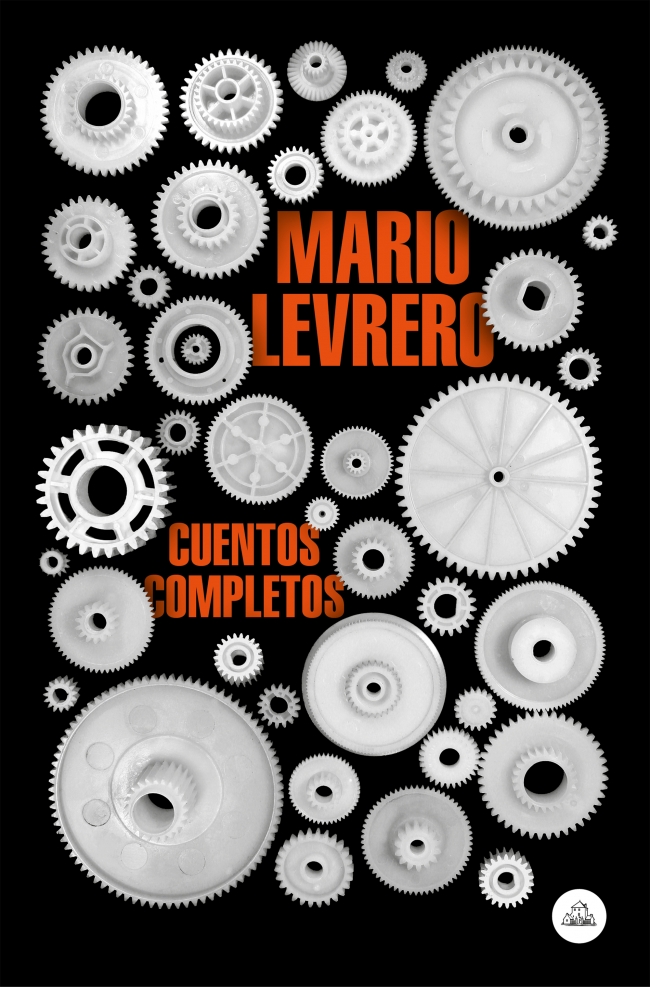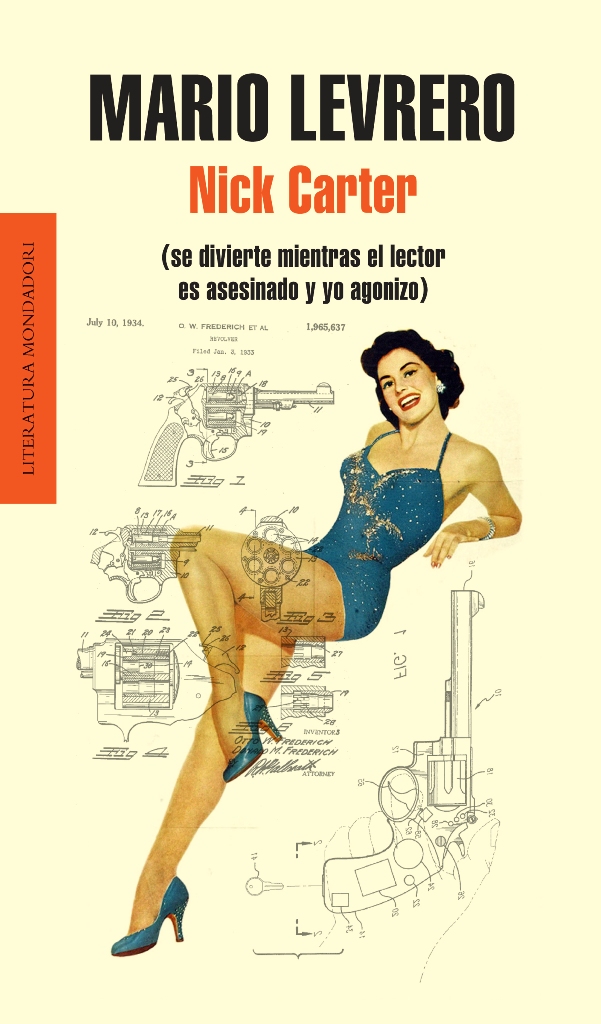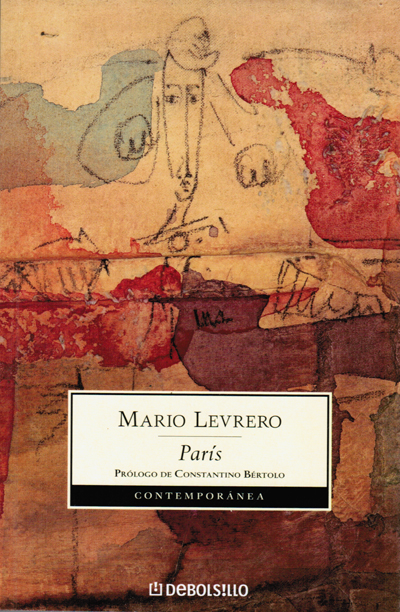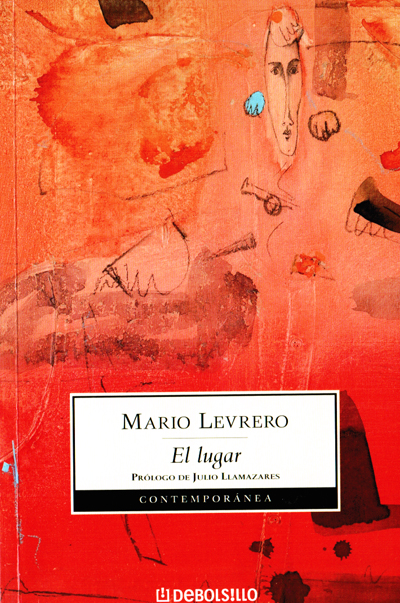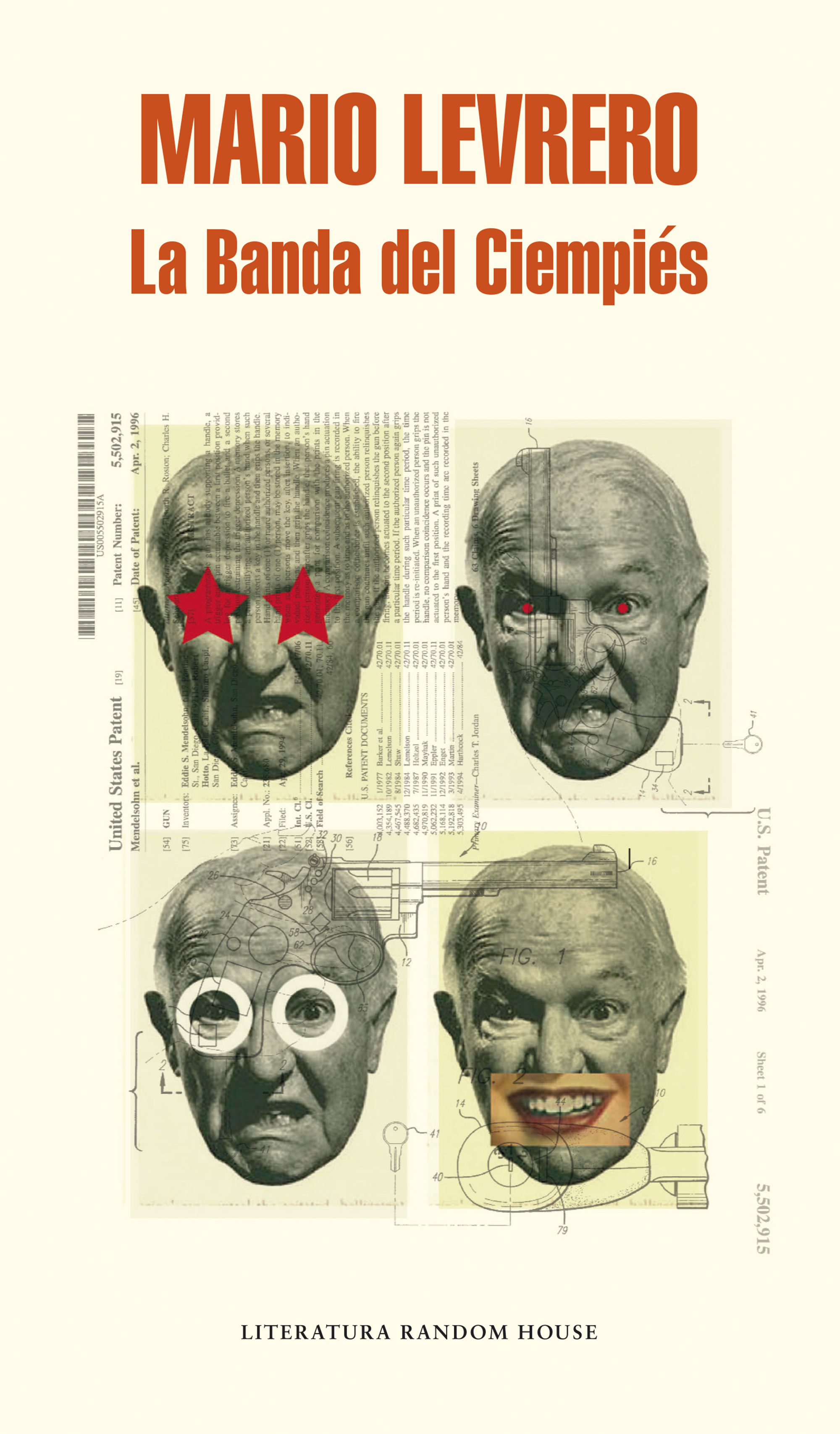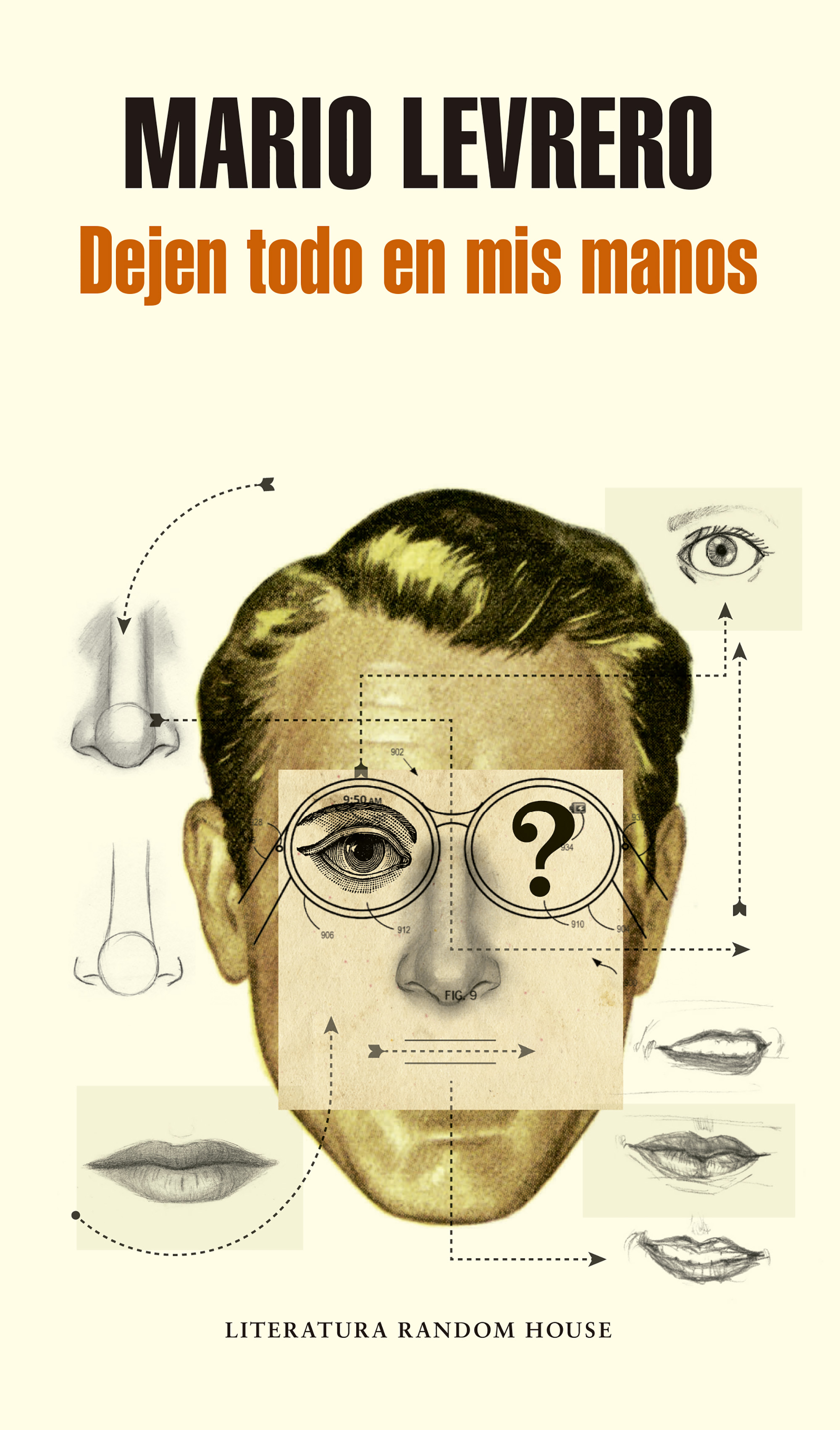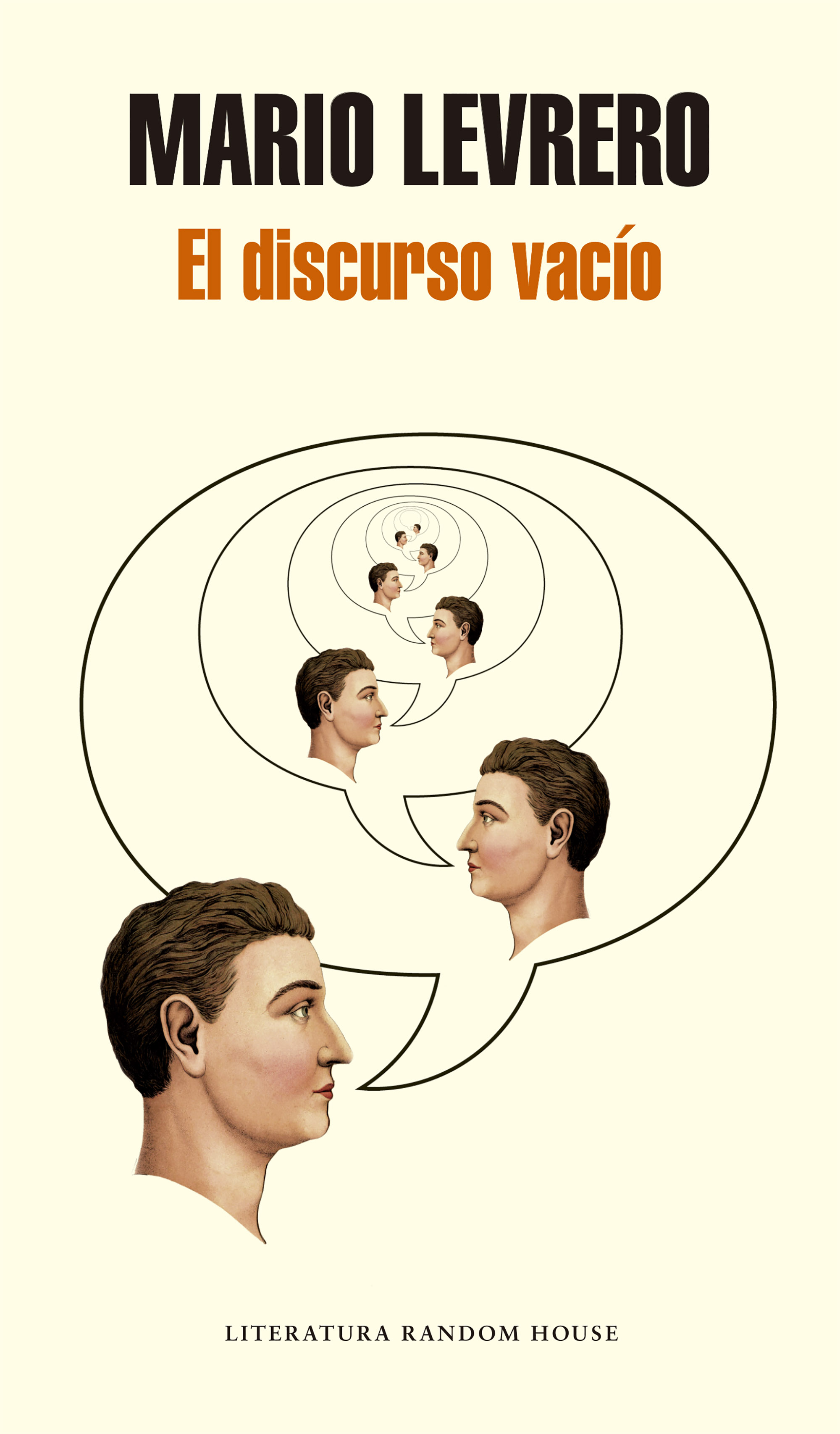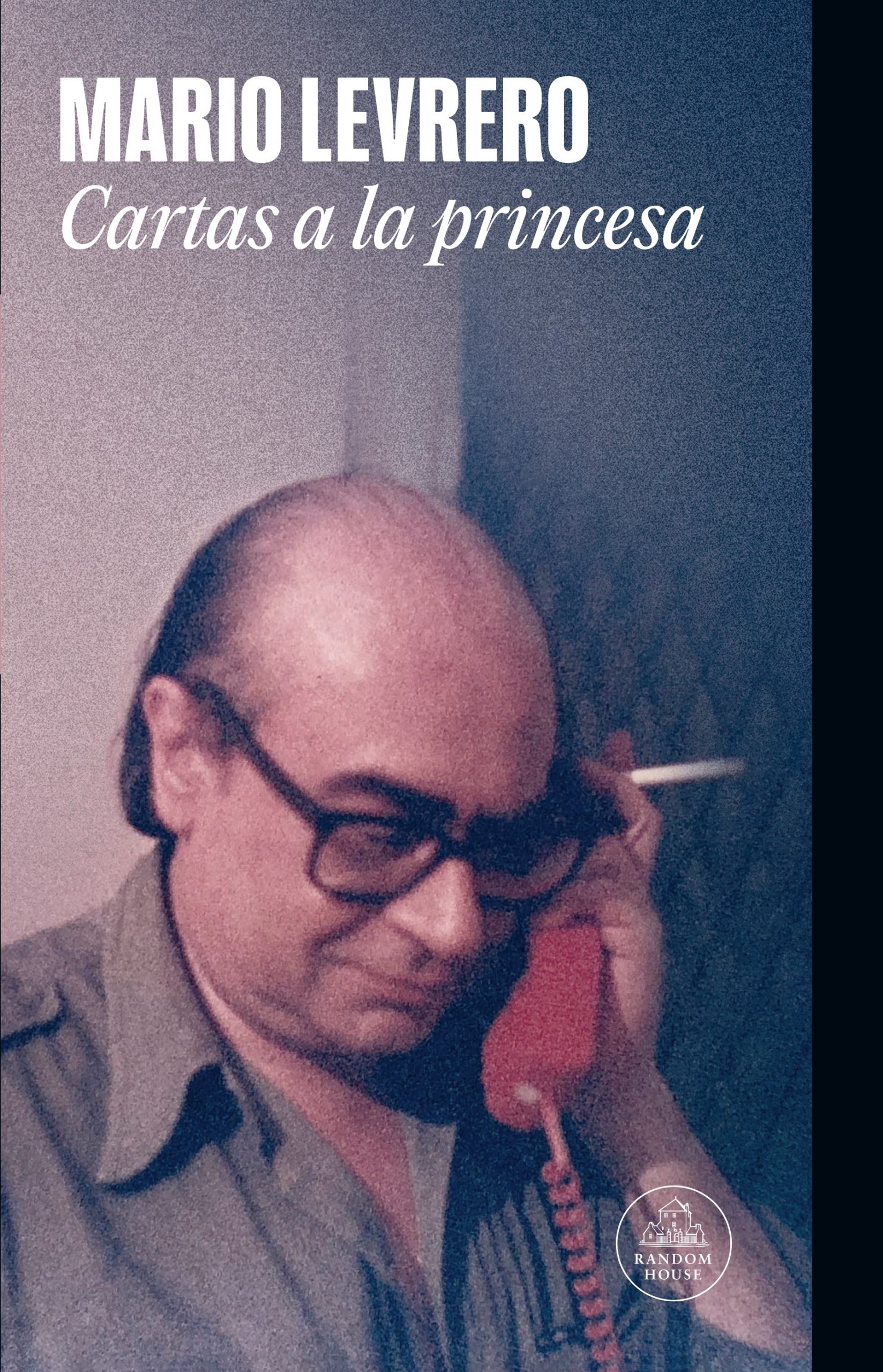
Cartas a la princesa
Previously unpublished book by the great Rio de la Plata writer. Letters that he wrote between 1987 and 1989 to his last wife which reveal a large extent of his literary and personal universe.
“Princesa, esto no es una carta para vos (¿qué te puedo decir que ya no te haya dicho, de bueno y de malo?), sino que, como otras veces, utilizo tu imagen de interlocutor privilegiado para desarrollar mi monólogo de búsqueda, buscando precisamente que tu imagen me ayude a no salirme demasiado de la razón”.
Between 1987 and 1989, while Mario Levrero was living in Buenos Aires, he worked in crossword puzzle magazines to earn enough money to buy what he longed for most: time for writing. There he began a romance with Alicia Hoppe, who had been the wife of an old friend and, later, his personal physician, and who accompanied him for years in his psychosomatic problems. At the time, she lived in Colonia (Uruguay) and these letters are a testimony of the development of that adult love, as well as a literary record of the obsessions, fears and illusions of a singular writer, with an extraordinary power of observation and analysis.
Cartas a la princesa could be considered “the missing link between Diario de un canalla – Levrero’s first book, in which he breaks away from fiction and begins to search for himself – and Empty Words“, according to critic Ignacio Echevarría, responsible for the edition of these letters, which set him on the road to writing The Luminous Novel.
An artifact of literary, psychoanalytical and experimental voltage. Laura Fernández, El País
A treasured testimony of his literary and personal universe. La opinión de Málaga
The writer’s insight is so visceral that it disrupts whatever privacy the letters may have: the reader, whoever he or she may be, becomes the captive princess of these texts. Javier Mattio, La voz
It is impossible not to think of one of Levrero’s key authors in literature, Franz Kafka, whose love letters (…) were equally a substitute for presence and an outlet for his frustrations. The similarities are striking. Valeria Tentoni, Dossier Magazine

